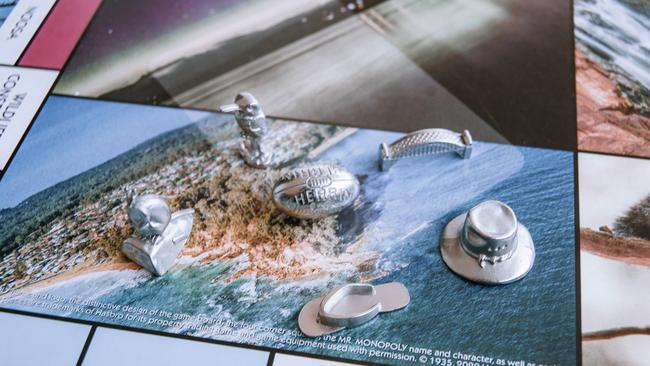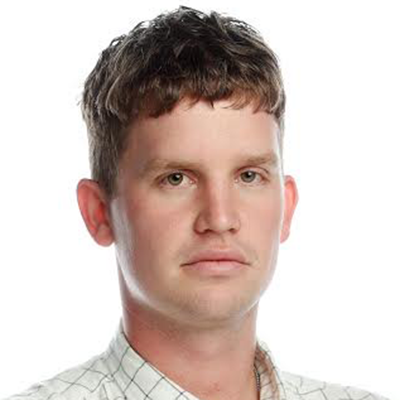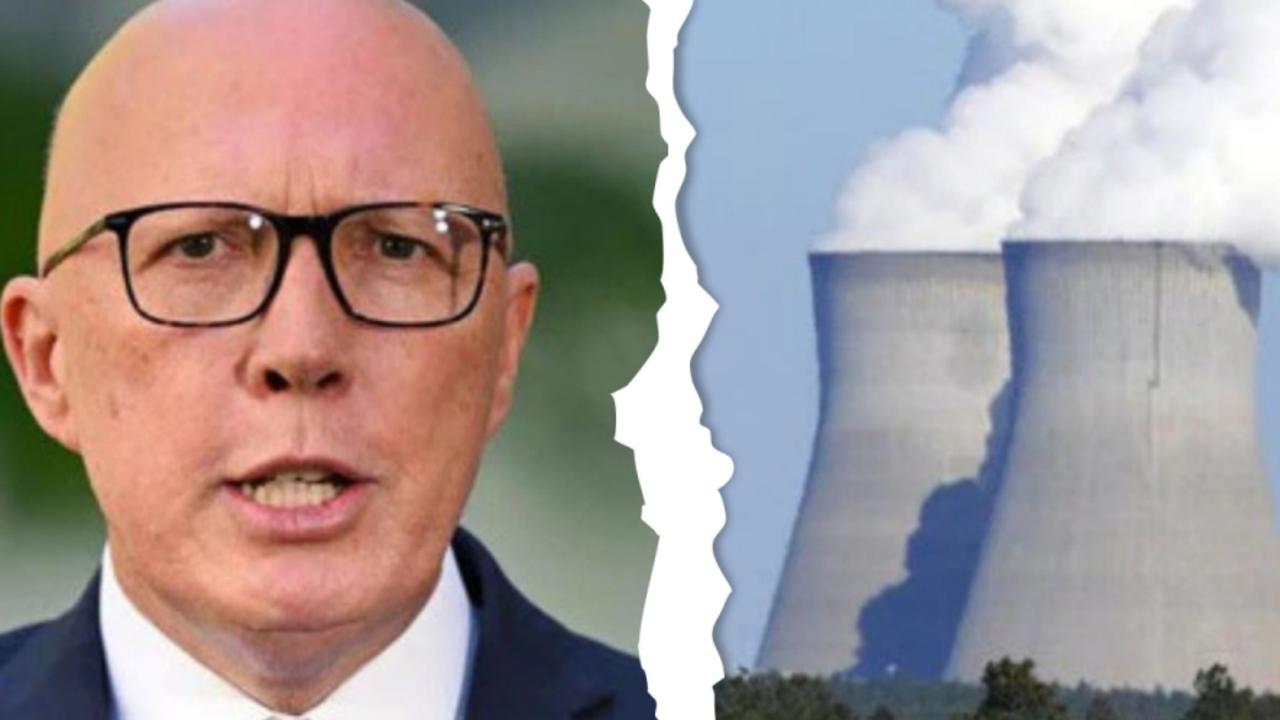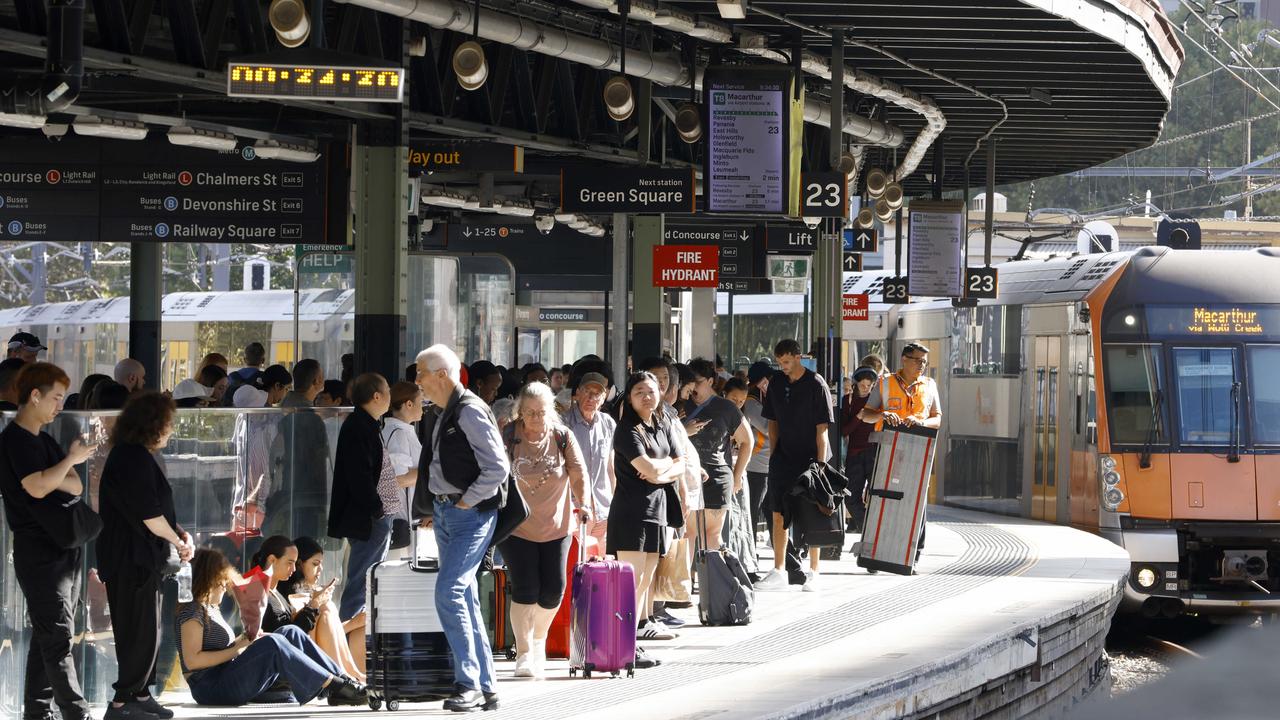NSW regional suburbs added to Monopoly Community Relief edition
Lesser known NSW towns affected by bushfire, drought and COVID have taken centre stage in a new edition of Monopoly.

NSW
Don't miss out on the headlines from NSW. Followed categories will be added to My News.
NSW country towns have taken centre stage in a charity edition of Monopoly which will raise money for bush communities battered by bushfires, drought and COVID-19.
The Australian Community Relief edition of the board game features 22 towns from across the country. From NSW, the Blue Mountains, Queanbeyan, Broken Hill and Batemans Bay feature.
It is expected to be sold for $60 with $5 of every sale donated to the Red Cross to help with recovery from bushfires, floods and the coronavirus pandemic.
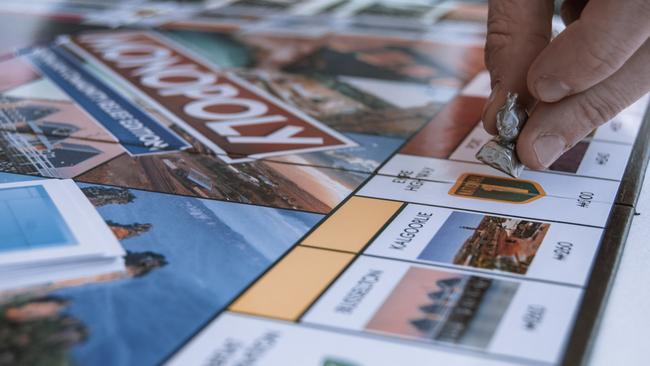
Makers of the game Winning Moves Australia spokeswoman Charlotte Waalkens said they hope it provides some relief to regional communities.
“We wanted to provide Australians with something positive in the challenging year that is 2020, and highlight how incredible our own backyard is, while also supporting Australians in need,” she said.
“The communities chosen have all gone through a tough time for one reason or another as everyone has in 2020 and we thought they deserved something special to remind everyone how incredible they are and help inject some positive spirit.”
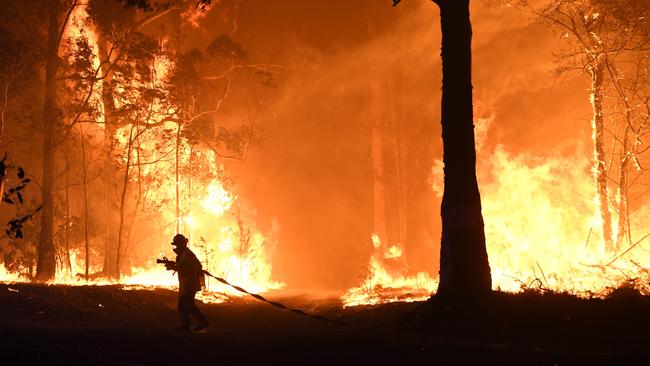
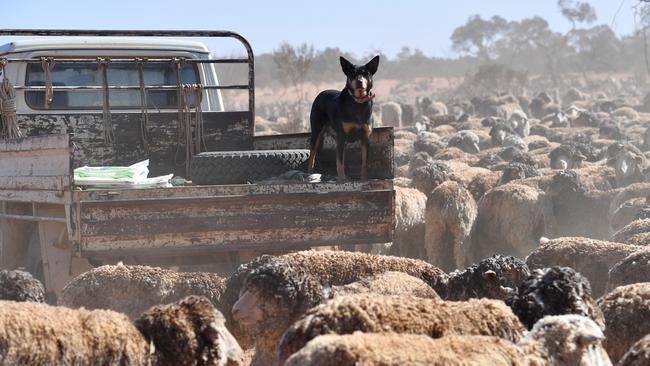
Batemans Bay and the Blue Mountains were devastated by the most recent bushfire season.
There were more than 60 homes destroyed in Batemans Bay and eight people died on the south coast and Far south coast.
While a mega-fire burned for 53 days in the Blue Mountains destroying 63,700 hectares and damaging 20 houses in the area.
Broken Hill was one of the hardest-hit towns during the worst drought in living memory.
Blue Mountains Mayor Mark Greenhill told The Daily Telegraph it was welcoming to know that people are thinking of his community and hoped it provided a spike in tourism.
“Well the great thing about us is that many of our activities are outdoor activities we worry about indoor activists during the time of covid. Obviously you need to keep social distancing but that is much easier in an outdoor setting,” he said.
“The recovery from the bushfires is very slow because the level of trauma is high. No two people’s trauma is the same. You have people whose experience was lengthened by the pandemic. We’re providing support for them but anything that brings people back to the region will be good.”
More Coverage
